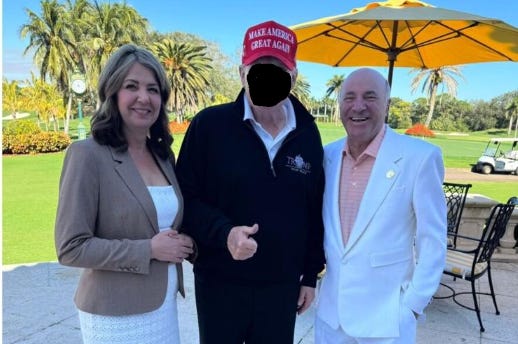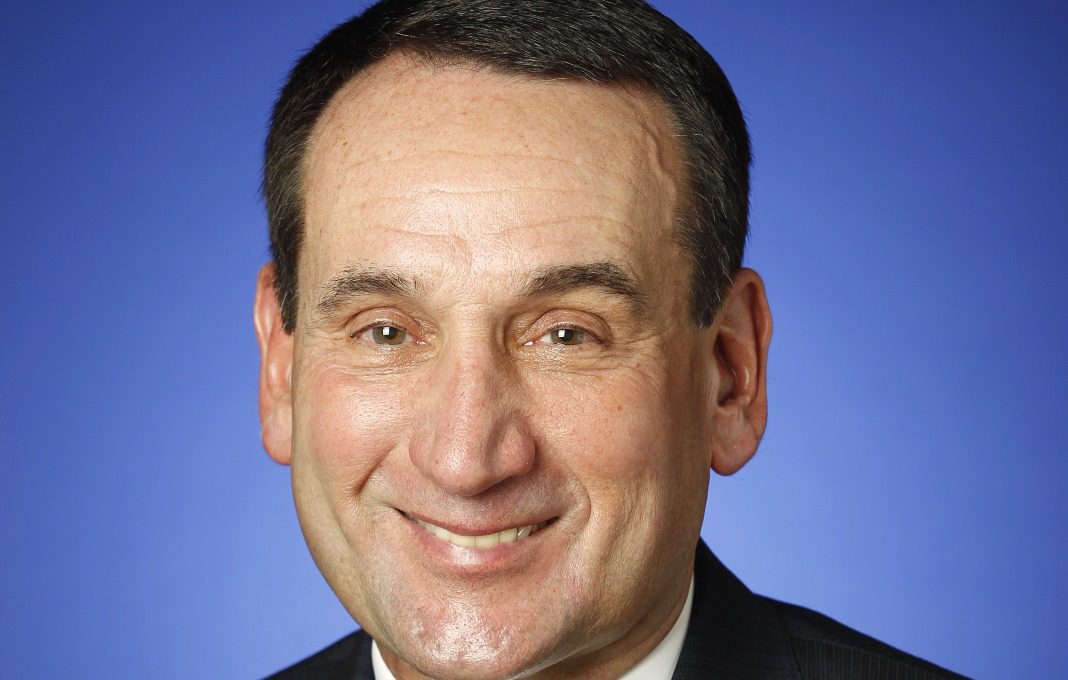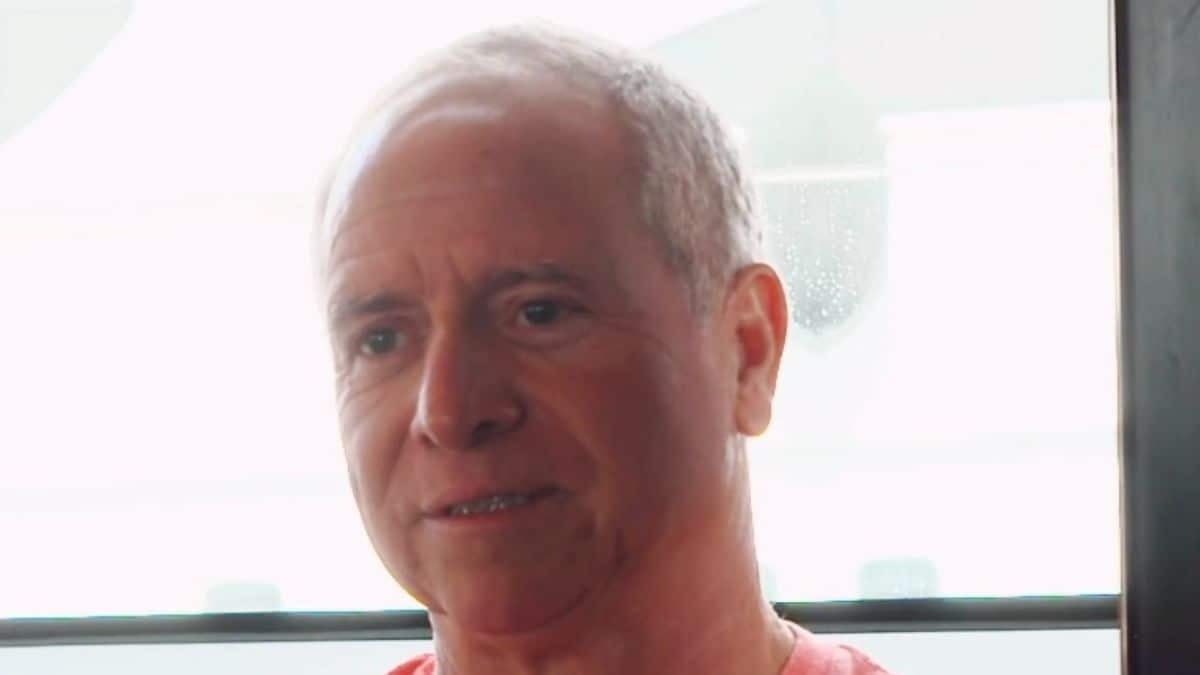RIO DE JANEIRO – A month after an offhand comment about Anitta’s butt tattoo triggered nationwide investigations into publicly funded music shows in Brazil, the number of cities under scrutiny has more than doubled and now involves a who’s who of Brazilian country music stars.
As of Tuesday, state prosecutors were actively examining contracts for gigs in 70 cities across five states where public officials are suspected of agreeing to pay inflated fees to lure music artists to their towns this year.
The vast majority of the shows involve artists from the sertanejo scene — Brazil’s version of country music — including Gusttavo Lima, Zezé de Camargo & Luciano, Wesley Safadão, Bruno & Marrone, Simone & Simaria, and Zé Neto.
The investigations kicked off after Zé Neto, from duo Zé Neto & Cristiano, insulted Anitta’s butt tattoo and criticized a federal Brazilian tax incentive law called Rouanet, which is aimed at fostering cultural activities in the country.
Reactions on social media, initially from Anitta supporters, turned the tables on the issue, exposing the relationship between local public money and the income source of many sertanejo artists — Zé Neto included. So far, the number of cities where officials have been investigated — or had shows either temporarily suspended or cancelled by city officials — totals 81. The list now includes 41 more cities in Mato Grosso, a state in the interior that borders the Amazon rainforest.
In Rio Grande do Sul, prosecutors ended up shelving an investigation into a show in Bom Jesus city, claiming to have found no irregularities in the hiring of Simone & Simaria for 380,000 reais ($73,000).
In Iguatu, a city in Ceará, the district attorney there says the mayor embezzled funds related to shows this month with Gusttavo Lima and Zezé di Camargo & Luciano. The mayor faces charges for diverting more than 1 million reais ($193,000) earmarked for the construction of a port and a religious temple to pay for the music events, according to Fábio Ottoni, the district attorney.
The investigations have created a cloud over sertanejo, Brazil’s most-popular genre of music, whose appeal has grown in recent years beyond the country’s heartland to include its biggest cities.
Lima, one of the highest-paid music stars in Brazil in any genre, has broadly decried the use of public monies — while not denying he has accepted high fees from small towns — and said he was being unfairly targeted by the investigations. “Everything he does respects the law,” a spokesperson for Lima tells Billboard. “His fee is x, so he charges x. He pays his taxes and issues his invoices.”
Wesley Safadão, the second most-cited artist in contracts under scrutiny, will comply with whatever is decided by local authorities related to contracting, a spokesperson says. “Safadão and his team are hired to play their role, and they will do everything in accordance with the law,” the representative says.
Scrutiny over the outsized fees using public funds come as Brazil prepares for a contentious election in October pitting incumbent far-right President Jair Bolsonaro – whom many of the sertanejo artists support – against former leftist President Luiz Inácio Lula da Silva, who is leading in the polls.
While public officials tell Billboard that it’s too early to bring formal charges against any sertanejo artist involved with the suspected contracts, big artists like Lima — the most-cited for extravagantly high per-show fees — could be required to refund up to 20% of the revenue earned from a recent show or be temporarily barred from performing again, says Renato Toledo, an administrative law researcher at the University of São Paulo.
Separate from Rouanet law, the publicly funded music shows may be linked to a controversial congressional funding model called Emenda Pix created by Bolsonaro’s government, which allows elected representatives to request money from the federal government and donate it to cities with little to no accountability.
This lack of transparency, Toledo explains, enables cities to make liberal use of the federal money in the hiring of influential musicians – who could help support Bolsonaro’s reelection in exchange for high per-show fees.
‘Political Campaigns In Disguise’
With public pressure mounting, prosecutors in Mato Grosso has boosted the number of cities under investigation from 24 to 65, after Brazilian newspaper Folha de São Paulo revealed that the state spent over 16 million reais ($3 million) on taxpayer-funded shows in 2022. The highest-spending city is Coalinho, having earmarked 1.2 million reais ($230,000) for 15 gigs — mostly sertanejo, including one featuring Maiara & Maraisa, but also gospel concerts — while 40% of its citizens live on a minimum wage of 1,212 reais per month ($234).
While prosecutors have probed publicly funded shows before, Mato Grosso’s State Attorney General, José Antonio Pereira, says that such probes demand special attention in election years.
“We are in a polarized election year, so these shows can easily be political campaigns in disguise,” Pereira tells Billboard. While artist fees “naturally are in line with their fame, you have to look at the financial capacity of the city and what’s in its best interest…if I have a daycare problem, should I do a 500,000 reais ($96,000) concert?”
The mayors of the small towns face potential consequences, Pereira says, including having to return the money used for the show or being forced to leave office if the show is found to be politically motivated. (In cases where prosecutors uncover alleged corruption, such as kickbacks, they can arrest mayors.)
The wave of investigations is already having an effect. Maranhão is now requiring its municipalities to declare the criteria used to define a contract’s value before booking shows without public bidding. And on June 13, a Mato Grosso congressman filed a federal bill that would require mayors to inform the Public Prosecutor’s Office about shows at least 15 days before the event, so lawyers could review them for possible improprieties.
“If this somehow makes authorities think twice before they decide how to allocate public funds,” Toledo says, then the sexist attack on Anitta’s butt tattoo will have inspired concrete actions that help strengthen Brazil’s democratic institutions.




























































![How Will AI Impact the Global Workforce? [Infographic] How Will AI Impact the Global Workforce? [Infographic]](https://imgproxy.divecdn.com/vhdGY5213MhIJV6-NnwNGwlYkeRCW5mkaDQGgpKM3Qs/g:ce/rs:fit:770:435/Z3M6Ly9kaXZlc2l0ZS1zdG9yYWdlL2RpdmVpbWFnZS9haV9qb2JzX2luZm9fMi5wbmc=.webp)











